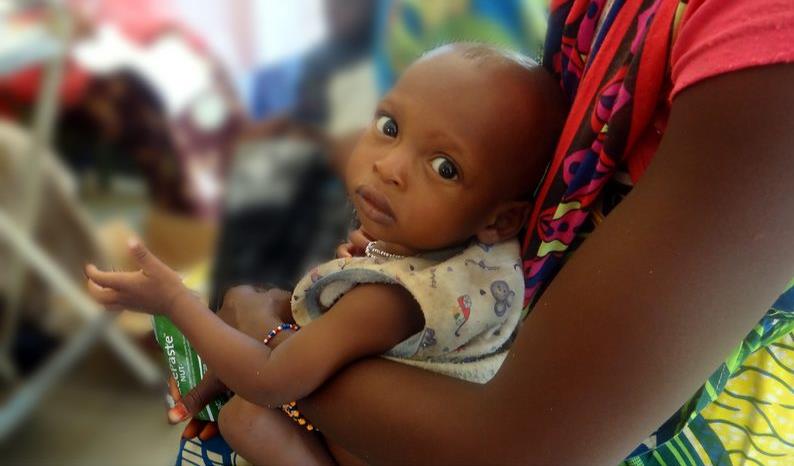Lafia Emir directs attention to child, family health
Emir of Lafia, Dr Isa Agwai, has directed traditional, religious and community leaders to give “desirable attention” to child and family health. Speaking said this at his Lafia palace, which hosted a media dialogue organised by the Federation of Muslim Women Association Nigeria (FOMWAN) in collaboration with Civil Society Legislative Advocacy Centre (CISLAC) under the […]


Emir of Lafia, Dr Isa Agwai, has directed traditional, religious and community leaders to give “desirable attention” to child and family health.
Speaking said this at his Lafia palace, which hosted a media dialogue organised by the Federation of Muslim Women Association Nigeria (FOMWAN) in collaboration with Civil Society Legislative Advocacy Centre (CISLAC) under the aegis of Partnership for Advocacy in Child and Family Health (PACFaH).
Agwai, who also chairs Nasarawa state’s council of traditional rulers, said the council and religious institutions had a mandate to “inculcate in their subjects and followers, the essential impact of child and family health.”
His directive is seen as encouraging support for ongoing advocacy by an umbrella group of FOMWAN-PACFaH in Nasarawa to demand accountability from governments on their commitments to child and family health, according to a statement.
Nasarawa’s traditional council is to take bold steps to address years of socio-cultural challenges that have beset interventions in child and family health and constantly advocate for adequate budgetary allocation to child and family health, according to Isiaka Dauda, the Madakin Lafia, considered second in command to the emir.
Speaking at the dialogue, the project director of FOMWAN-PACFaH, Farida Yusuf, said PACFaH, a partnership of eight nongovernment groups advocate for improved routine immunization, family planning, nutrition and treatment of childhood killer diseases in eight focal states—Lagos, Oyo, Bauchi, Kano, Kaduna, Niger, Nasarawa and FCT.
“As the traditional and religious institutions are highly respected by the communities and policy makers, FOMWAN-PACFaH holds this dialogue primarily to raise institutions’ consciousness on the challenges confronting child and family health, especially at the grassroots,” said Yusuf.
“We hope this interface will trigger persistent advocacy by traditional and religious institutions for prioritised and desirable policy attention to child and family health,” the project director stated.
